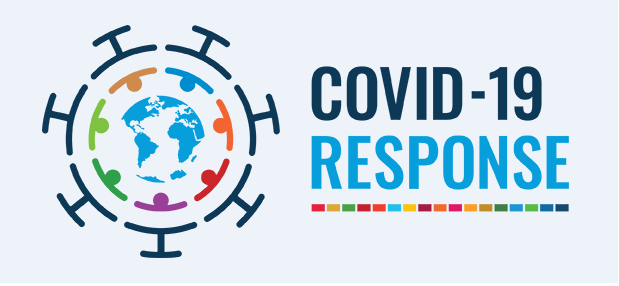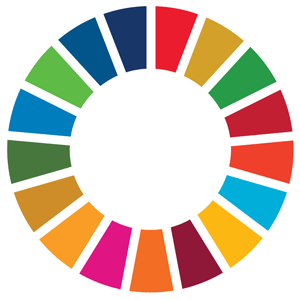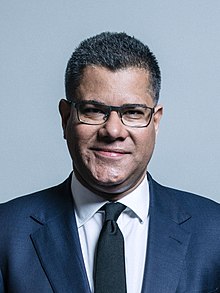COVID 19, UN SDG 13 on Climate Action and COP 26
COVID 19, UN SDG 13 on Climate Action and COP 26

Dr Srikanta K. Panigrahi
Director General and
Distinguished Research Fellow, IISD
Indian Policy Maker and Technocrat
The United Nations Framework on Climate Change (UNFCCC), together with the UK Government, in Partnership with Italy,
which is serving as the COP 26 Presidency right now, and hosting
the 26th UN Climate Change Conference of the Parties (COP 26) from 1st to 12th November, 2021;
will be held at the Scottish Event Campus (SEC), in Glasgow; which was unfortunately had to be
postponed last year, although was scheduled at Madrid, Spain at COP 25 to take place, during November-December 2020,
due to the Global Corona COVID-19 Pandemic.
As COP-26 Presidency, the UK is committed to working with all countries and joining forces
with civil society, companies and people on the frontline of climate change to inspire action
ahead of COP 26, where the climate talks would bring together heads of state, climate experts
and campaigners to agree coordinated action to tackle climate change.
COP-26 President-Designate Shri Alok Sharma, MP is inviting Member Countries of UNFCCC to discuss
their countries' shared commitment to Climate Actions, which is UN Sustainable Development Goals (SDGs) 13; especially with respect to their
Nationally Determined Contribution (NDC) Commitment to achieve Net Zero Emissions by 2050,
in the lead up to the COP-26 Summit. This COP is, in fact although delayed, is also long waited,
because this historic event is extremely important, at this point of time to mobilize global support
for immediate and strongest possible climate actions, which is an urgent call of the time.
There has been no major or transformative response so far from rich countries on the issue of climate change.
While Europe has called for having Net Zero Emissions by mid-century, it may still be too late.
We also need yet another Gap Report on how much climate change-related destruction is occurring in developing countries and the
shortfall in the international support they need to receive based on countries' responsibilities and capacities.
Given the very short time that the world has to deliver solutions, what has failed in the past should not be repeated.
We can certainly not rely on carbon markets or assume that insurance will magically be available for the poor to survive
extreme events. Hence the ultimate question is - Are we doing enough for our own survival? Are we really serious enough to
initiate very strong and affirmative climate actions right now? Or we are waiting someone or other to do it for us? Especially When,
Greenland is losing ice 7 times faster than in 1990s and this melting may lead to 40 million more people, exposed to coastal flooding by the end of the century? In India, We have witnessed intense natural calamities like, Frequent Devastating Cyclones, Floods and Severe Droughts, impacting our lives and properties hugely.
With 1.15oC Rise Of global temperature, while we are going through the climate emergency like, alarming situation and trying to focus now, for more and more aggressive Climate Actions, unexpectedly all of us, again started experiencing an another serious threat, got added to our survival i.e COVID 19 Pandemic; which has largely, in fact hijacked and is still diverting most of our proposed climate investments into meeting the health sector needs.
Postponing the timings of this crucial UN Climate Summit i.e. COP 26 last year was no doubt, not only a big blow to our ongoing global climate action agenda, but also adversely impacted, our speed in the journey of our collective planning and joint future climate actions, those scheduled ahead, that could have rolled under, Paris Agreement in near future. But since today COVID 19 has already impacted hugely, creating the unprecedented health crisis, the world really needs to get together to fight this dangerous virus and also support those most vulnerable to the economic fallout at the same time.
In fact, today, in this hour of a health crisis and the climate emergency, we cannot afford to tackle one or the other. We are unfortunately left with no choices. We must deal the both at the highest possible priority with an integrated approach. The both serve as tragic reminders that these global risks require immediate joint collective actions. Leaders need to work together, to identify the priority challenges and get prepared well in advance, share information and mobilize enough resources to make their own citizens and others, much stable, safer and healthy. As countries move forward with their revised national climate plans and set new commitments under the Paris Agreement, it is critically important that they take the necessary time to adjust to the current situation, while also aiming to achieve the highest possible ambitions, aiming strongest climate actions. It's is a matter of positive sign that a number of smaller developing economies have, already initiated the lead role by announcing that they would come forward with enhanced plans for further lowing the carbon intensity of their GDP. But now we need more of that large economies should step-up more of their ambitious targets. These national climate plans should not be derailed from the recovery, but instead should be an integral part of national efforts to create enough jobs, boost growth, reduce health risks, and build more resilient economies.
The greatest challenge of the time today is, when the most of the nations of the Globe were crippling with huge financial
crisis and resource crunch to meet their daily-day-today developmental goal needs, while allocating a justified budget out-lay,
also to meet their climate action commitments; there is an every chance that, sudden appearance of COVID 19 Pandemic,
may forcibly snatch way a considerable quantity of our valuable time, attention and after all our limited financial
resource base, throwing climate actions far behind, which our Leaders, Policy Makers and Thought Leaders have to
take as an urgent call at this point of hour and carefully strike a balanced approach, without further delay.
Leaders should commit to uplift the devastated communities against the Pandemic and adverse impact of the climate change together, to build back our all the systems better, converting every challenges into opportunities to make our people, economies, and communities safer and stronger. In Post COVID 19 period, we are likely to change our lifestyle habits, our industrial production systems, our age old traditional agricultural production practices, and many such things, where in this changed systems, we should have enough scope to include new investment options in decarbonising technologies and better preparedness for the future shocks of all kinds. If done right, investments in low-carbon infrastructure and related solutions can always boost employment; deliver higher productivity, and higher added value to the economy than traditional, polluting and carbon-intensive activities. In addition, when the business leaders and the finance sector all over the world, should wake up to the economic benefits of low-carbon and resilient investments, and the risks of the alternatives, it is high time that Governments should follow their lead and seize this moment to make a more decisive shift toward climate-smart, resilient growth that would certainly benefit their people and above all the global economy at large.
Our hearts are with those families, who lost their near and dear ones or anyway got affected by the global pandemic. The COVID-19 Pandemic is a stark reminder of the inequities in our vulnerability to global threats. These disparities are heightened by a rapidly warming world.
What lessons are we learning from this difficult time ? - Right now, kind of lessons, we learnt and experiences,
we gained so far, during this time of misfortune, is how to build a resilient and at the same time, an Equitable and Sustainable Planet,
in near future ? In fact, Planet needs all of us to join our hands now and to work together for creating a safer and stronger world for everyone.
The Author is a Leading Indian Sustainability Thought Leader and Director General at Indian Institute of Sustainable Development (IISD), New Delhi and deeply engaged in Climate Action Leadership Initiatives of UNFCCC, UNEP and Government of India.

UNFCCC, together with the UK Government in Partnership with Italy, is hosting the 26th UN Climate Change COP from 1st to 12th November, 2021, at the Scottish Event Campus (SEC), in Glasgow
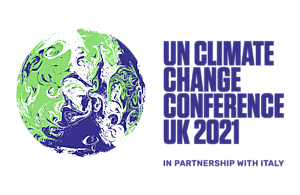
COP 26 Logo
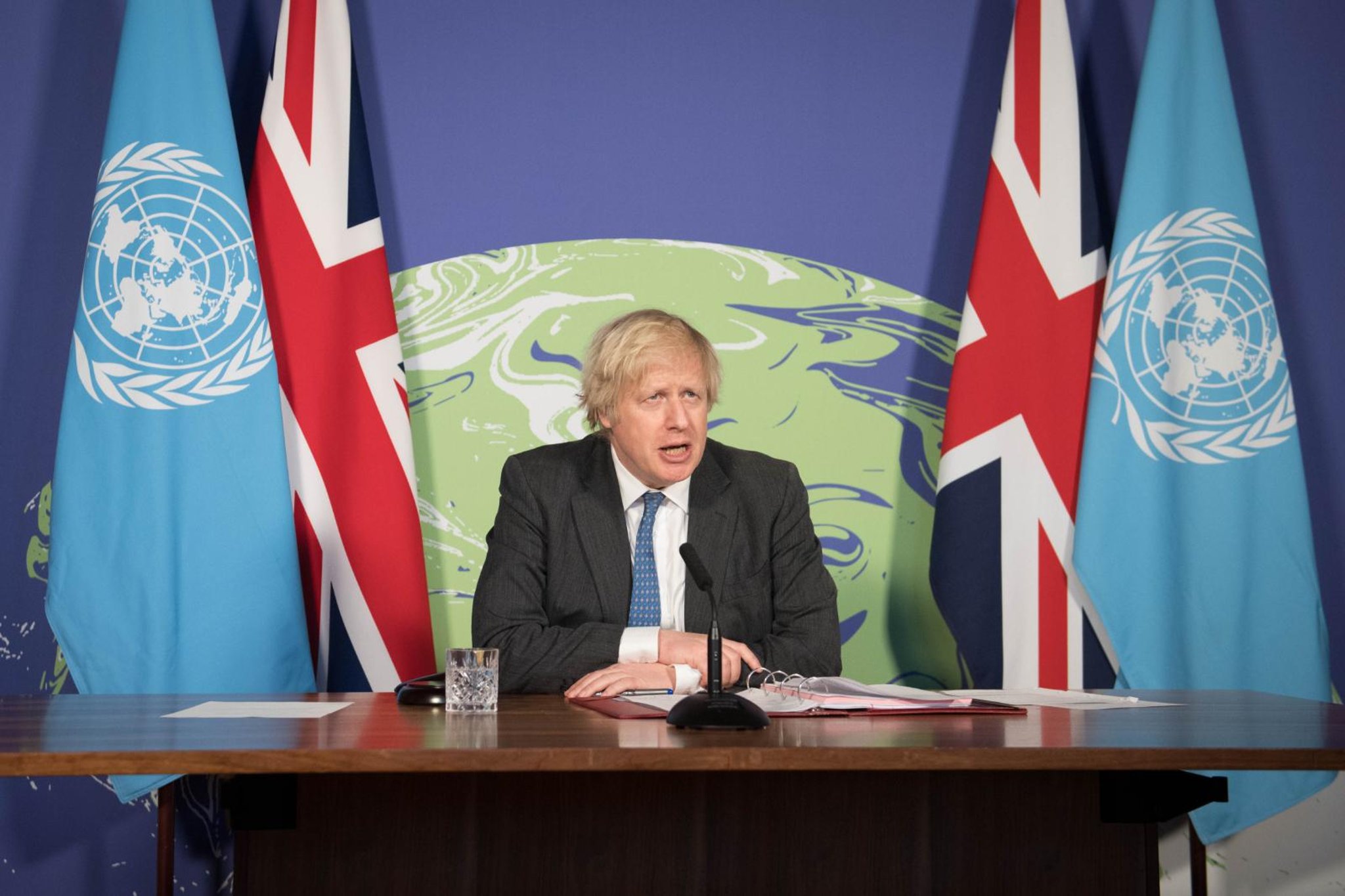
Hon'ble Prime Minister, UK is declaring UK's Serving as the COP 26 Presidency, and announces the COP 26 hosting
Shri Alok Sharma, MP
President of the 26th United Nations
Climate Change Conference (COP)
UNFCCC COP 26 at
Glasgow Postponed
Please Click the Image below to See the Video
Source: FORTUNE - Sights and Sounds from a Socially distanced world - From New York to Paris
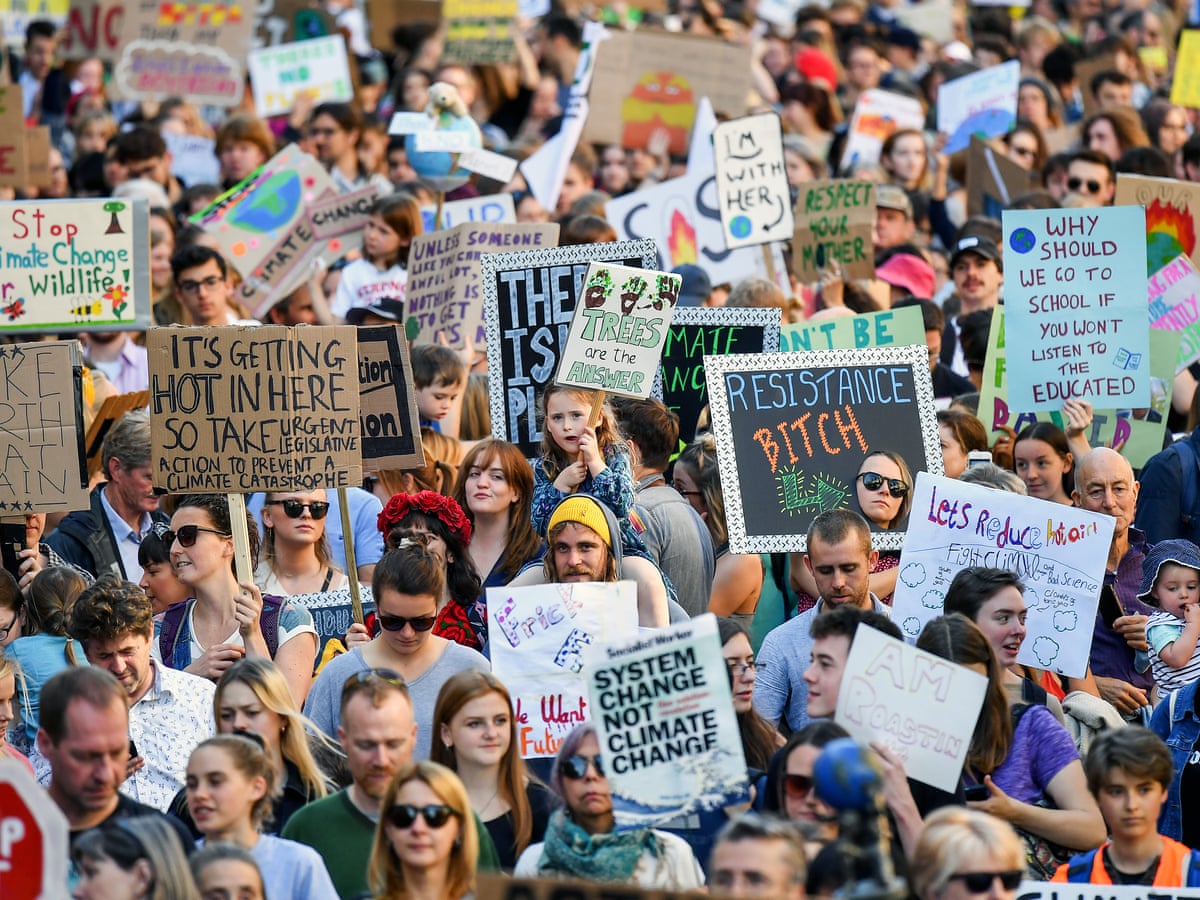
Scotland Police Says friendly Climate Change Protests and Marching With Posters By Climate Activists and Civil Society Organizations (CSOs) will be allowed
UNFCCC COP 26 at Glassgow Postponed : Industry Responds
Please Click the Image below to See the Video
Source: Energy Live News TV / Mr. Jonny Bairstow

COP 26 had to be postponed last year, which was scheduled at Madrid, Spain at COP 25, to be Organized during November-December 2020, due to the Global Corona COVID-19 Pandemic.


